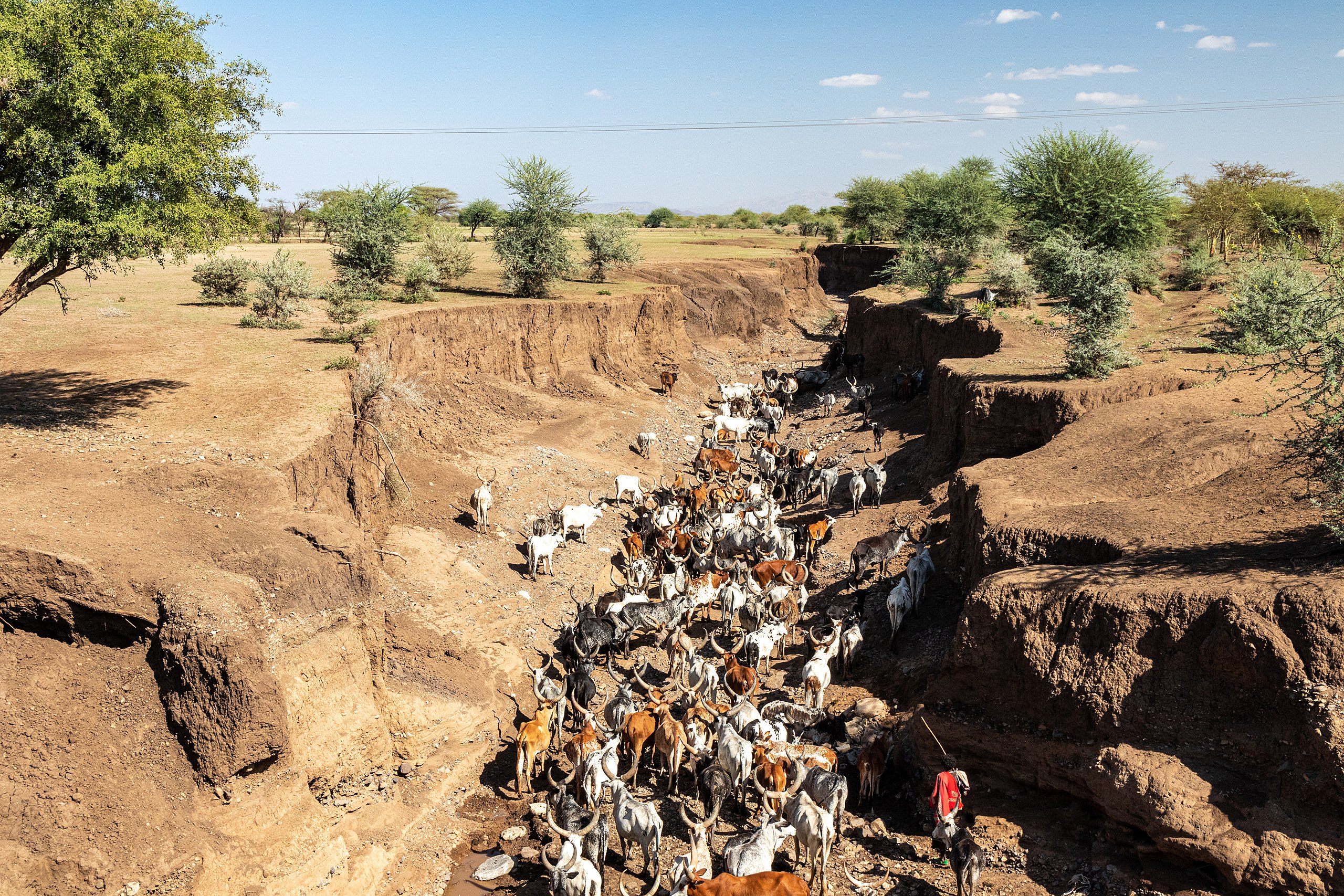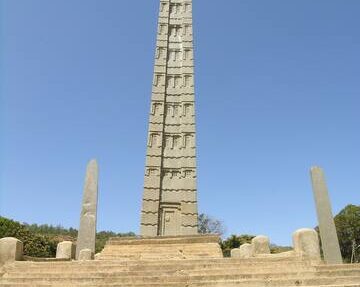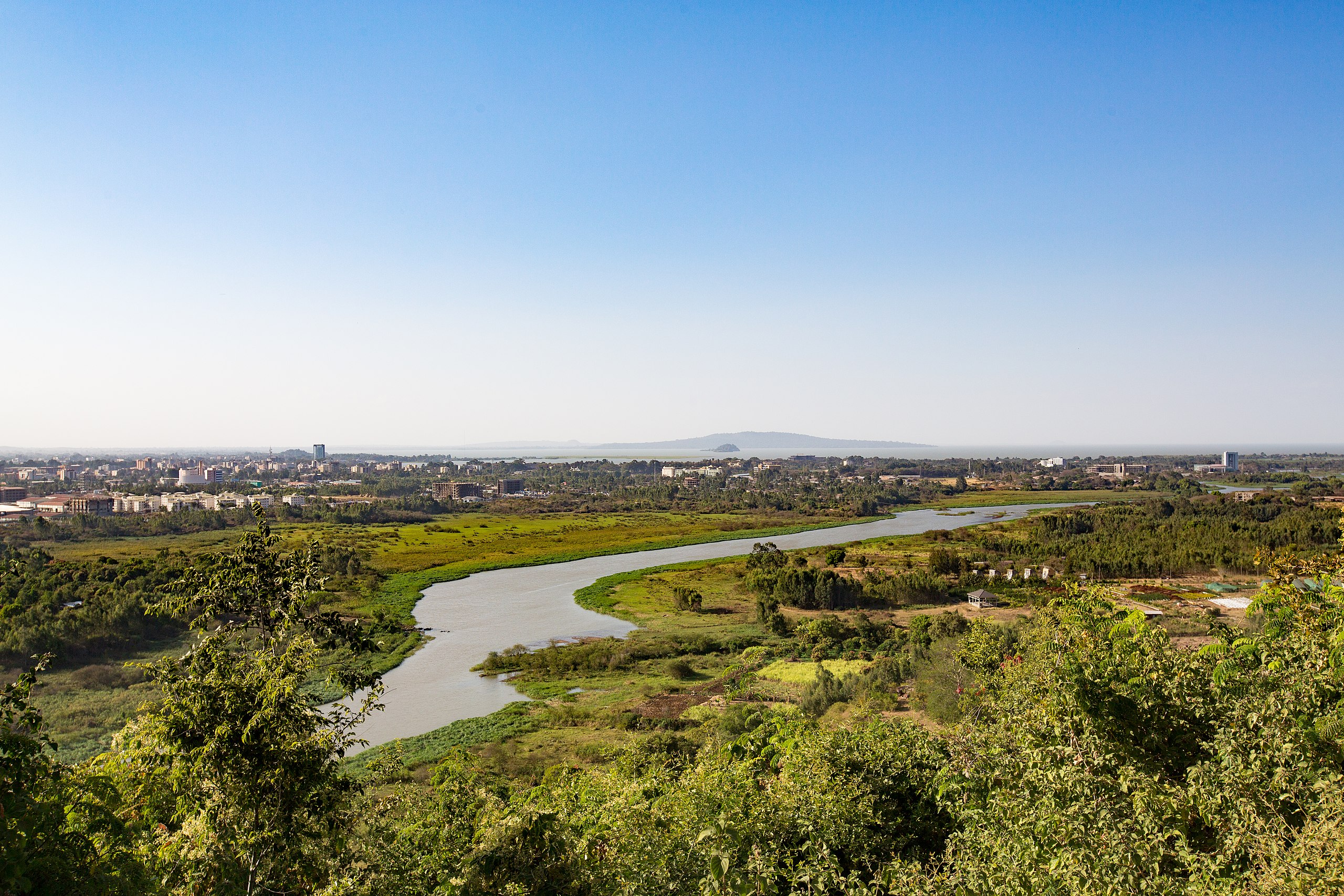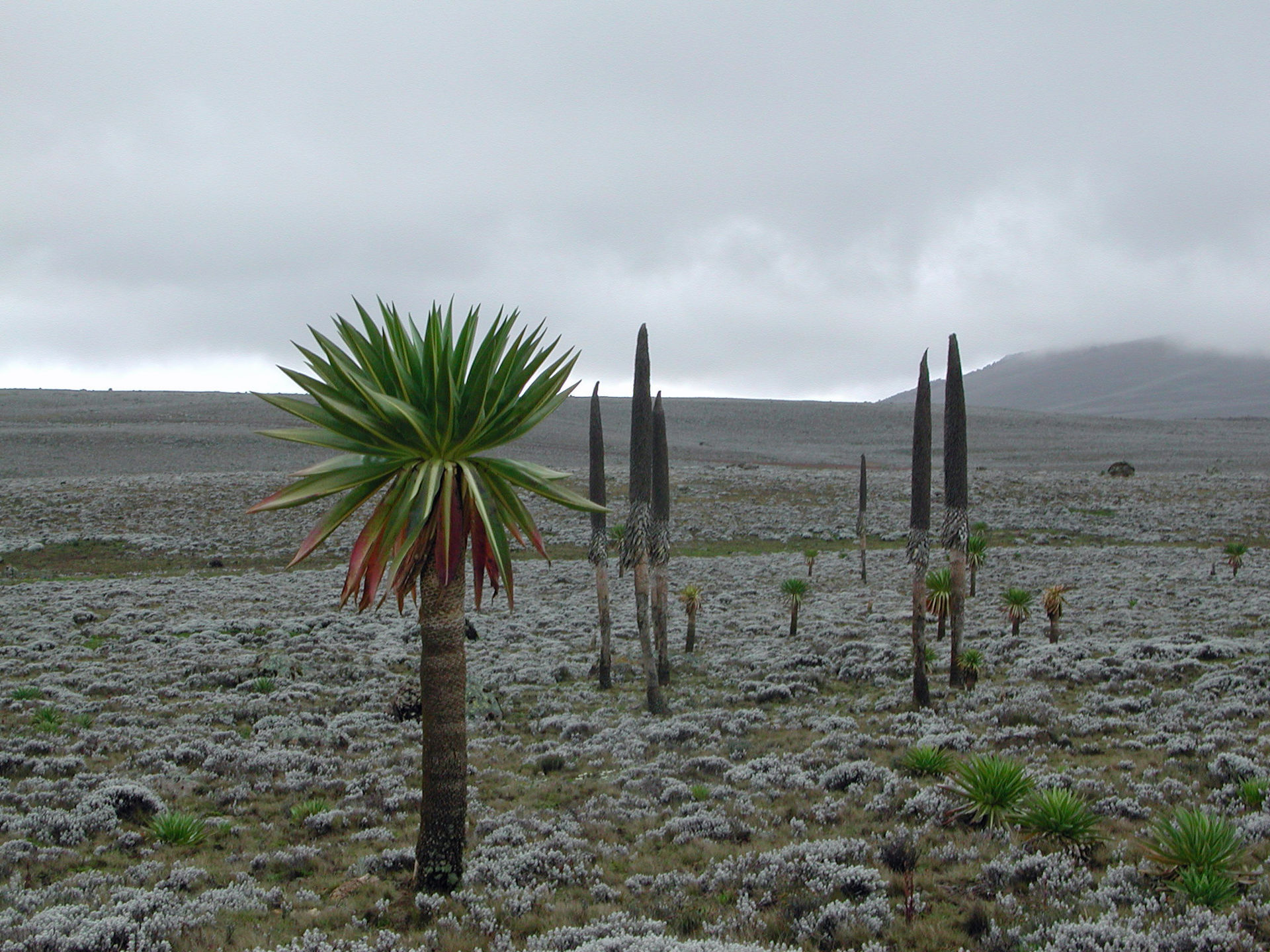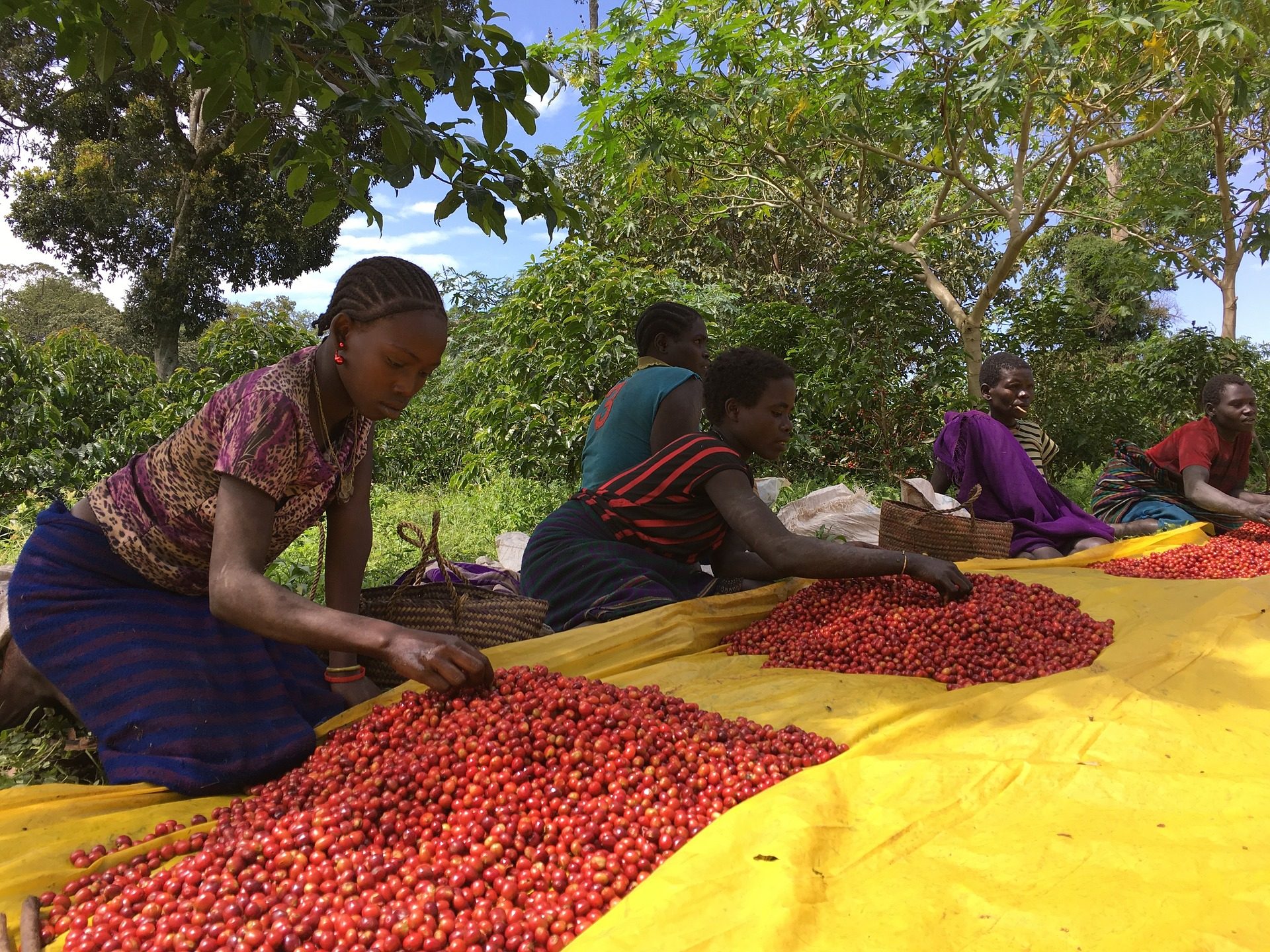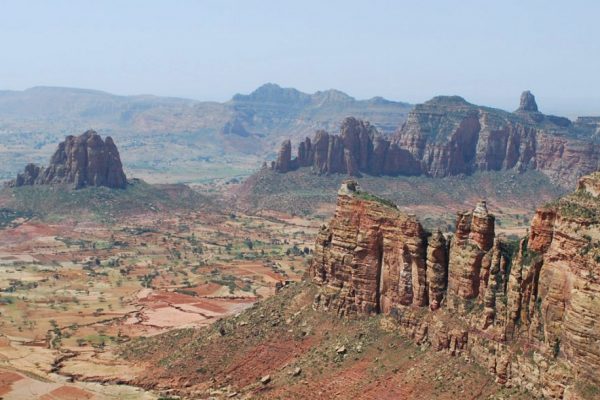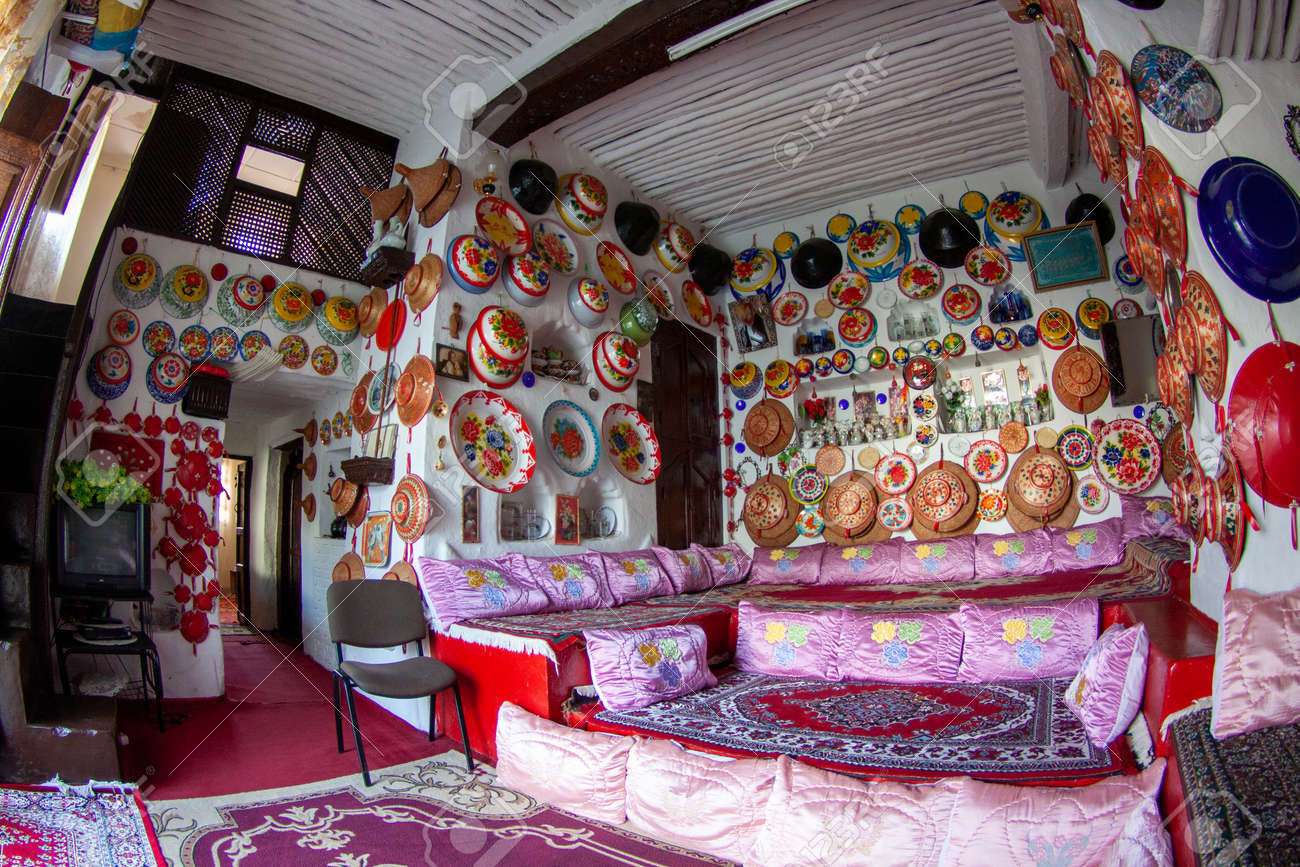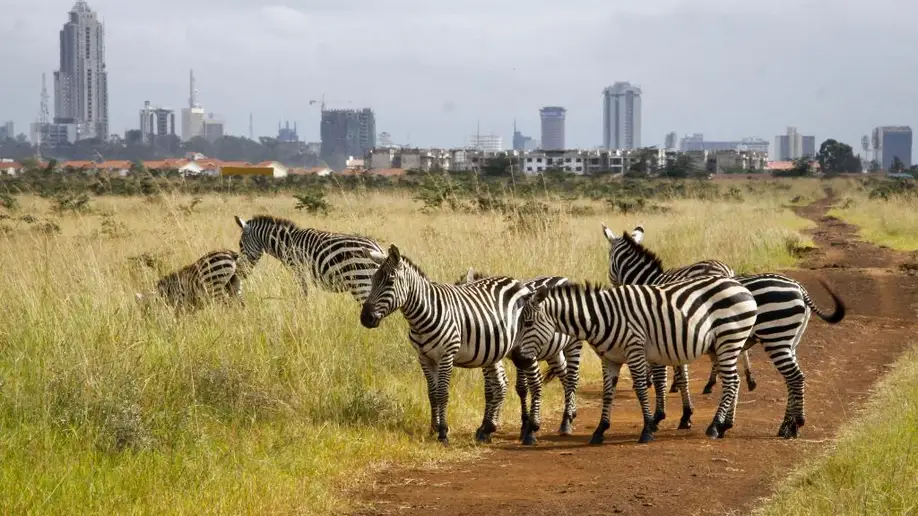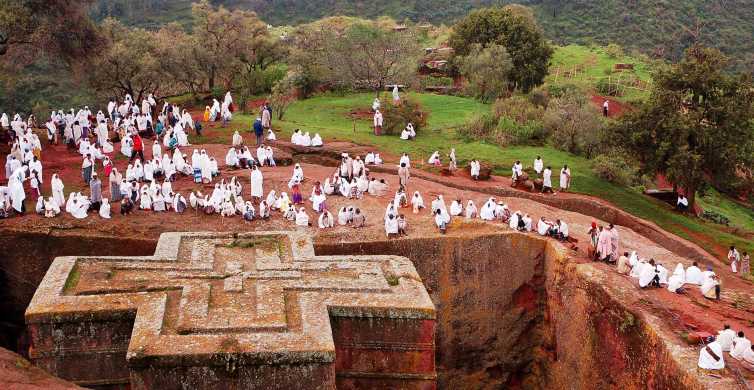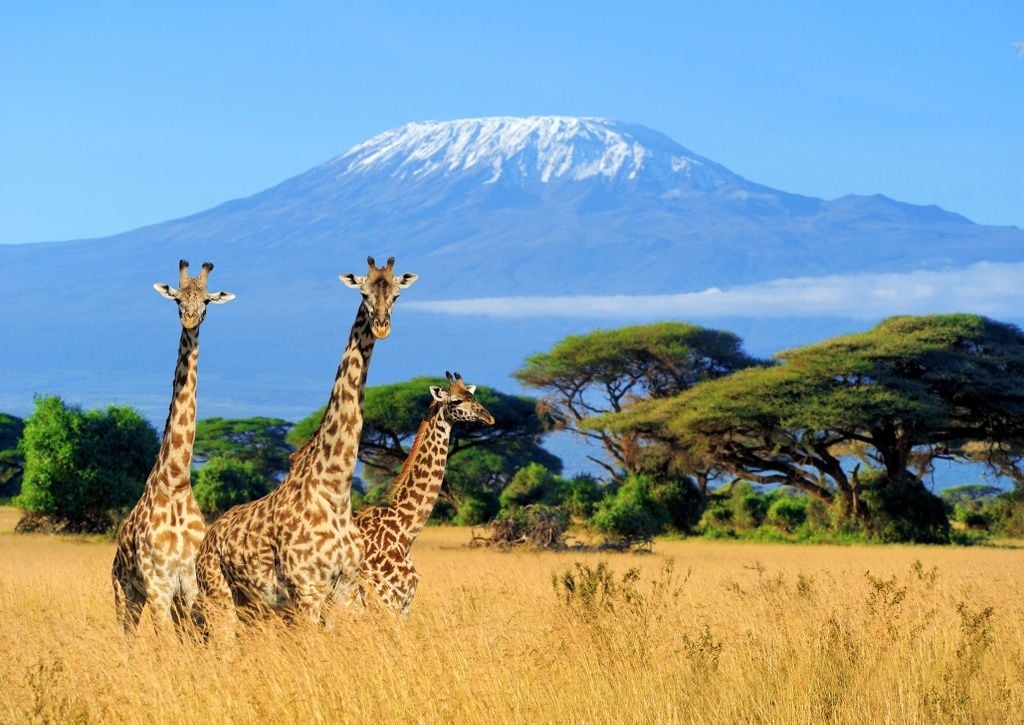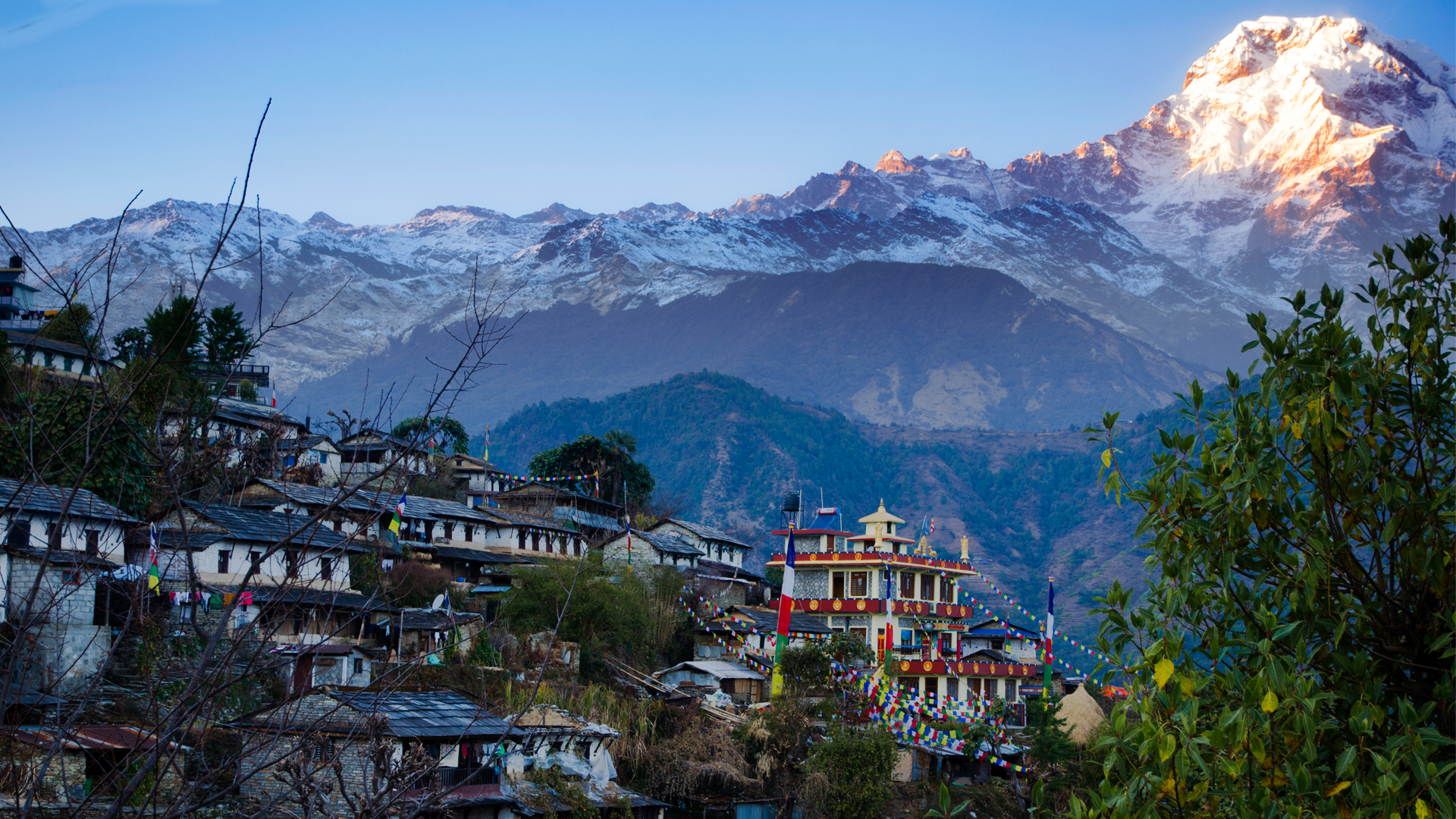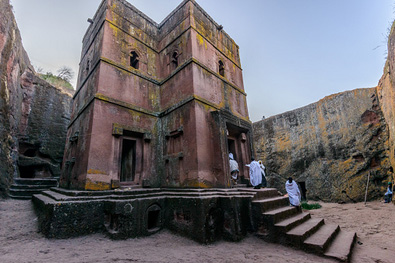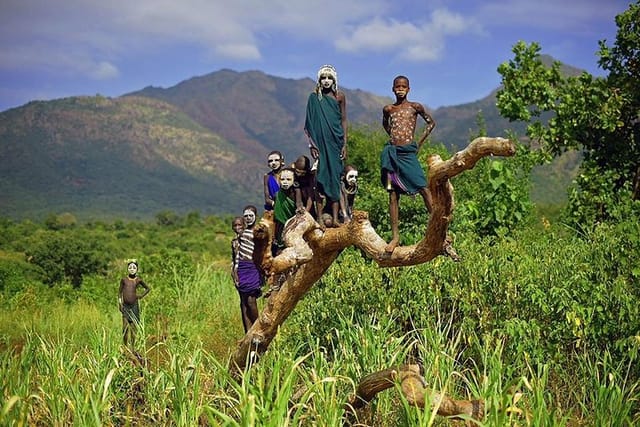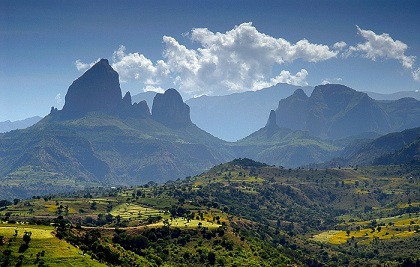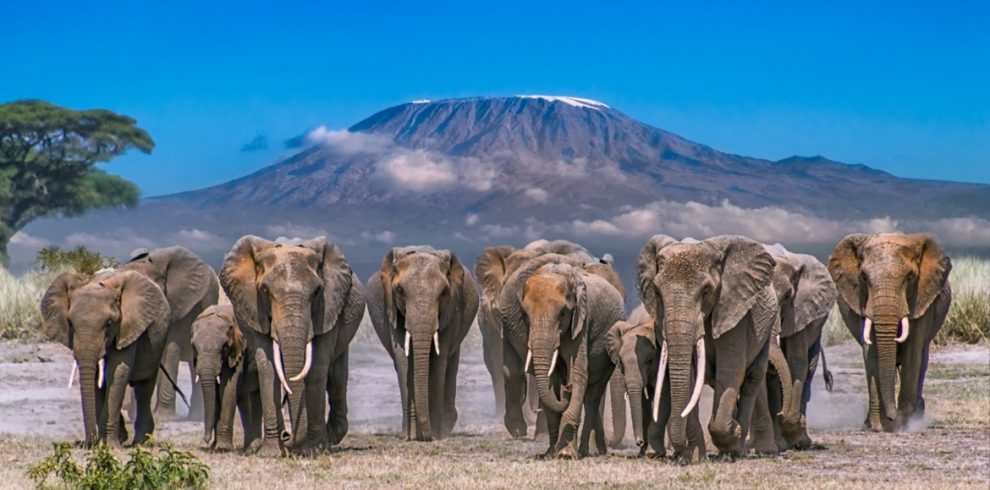Ethiopia
We Are There For You
We’re delighted to have you here! In this list, you will find useful travel facts, background information, and some suggestions that will not only help you prepare for your trip but also make your travel experience enjoyable from start to finish. Please note that things can change rapidly in Ethiopia, so some of the information herein may be subject to change.

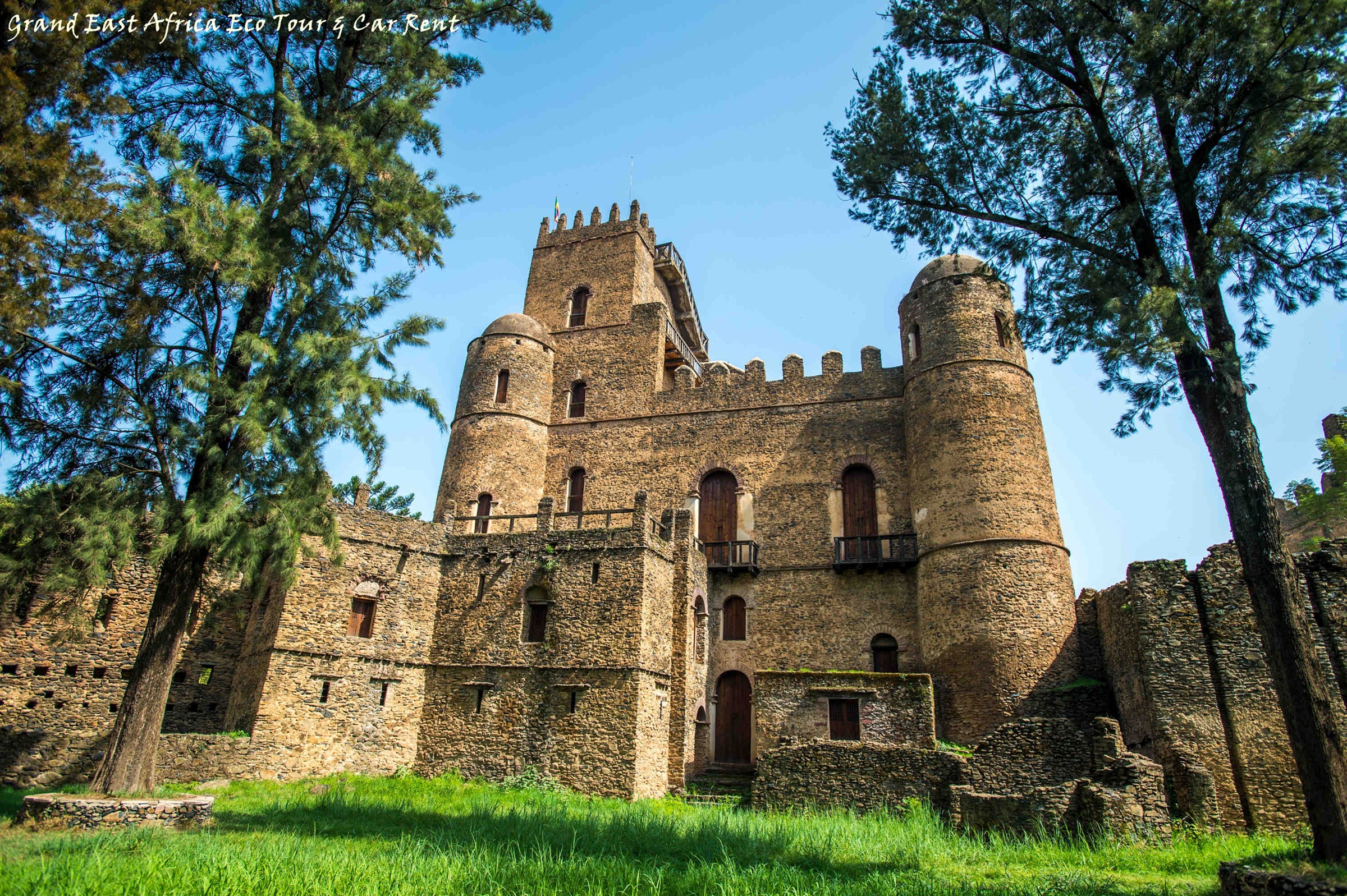
Gonder Tour
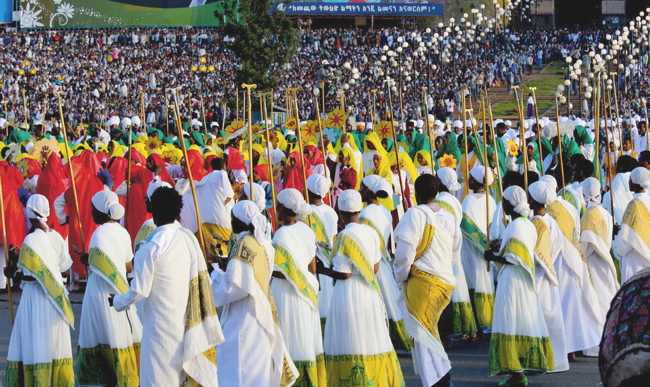
Ethiopia 🇪🇹
Travel Guide: Essential Tips for Visiting Ethiopia
Welcome to our comprehensive travel guide designed to help you prepare for an unforgettable journey to Ethiopia. Here, you’ll find practical tips, cultural insights, and advice to enhance your travel experience from start to finish. Please note that conditions in Ethiopia can change rapidly, so some information may need to be updated closer to your departure.
Cultural Sensitivity
Ethiopians value modesty, especially when visiting places of worship. Visitors should dress conservatively, covering shoulders and knees. When visiting churches or mosques, it’s customary to remove your shoes, so consider bringing socks to wear, particularly when exploring religious sites like Lalibela.
Geography & Safety
Ethiopia is known for its political stability and is considered one of the safest countries in Africa for tourists. Violent crime is rare, though pickpocketing can occur in crowded areas like markets. To stay safe, avoid displaying valuables and limit driving after dark, especially in remote areas where separatist movements have been reported. Some regions may require official authorization for visits.
Customs & Regulations
Ethiopia has strict customs regulations. Carrying more than basic electronic devices can lead to complications at the airport, potentially incurring import taxes. When purchasing souvenirs, ensure they are not replicas of historical artifacts, as these require approval from the National Museum in Addis Ababa before export. Keep all purchase receipts. Consult your local Ethiopian Embassy if you plan to bring high-end equipment. Fees for photography, especially in the southern tribal areas, and video recording in national parks can be high.
Best Time to Travel
The ideal time to visit Ethiopia varies by region. The highlands experience their main rainy season from June to September, with a brief rain period in March. In the Southern Omo Valley, rains occur from March to June, with shorter rains in November.
Climate
Ethiopia has two main seasons: a dry season from October to May and a rainy season from mid-June to mid-September. In Addis Ababa, temperatures are relatively consistent year-round, averaging around 70°F (22°C). The Southern Omo Valley experiences its main rains from March to June, with additional rains in November. The Somali region and the Danakil lowlands in Afar are arid and hot, characterized by semi-desert conditions.
Clothing
Sunglasses and a hat are essential for all regions. Pack light clothing for daytime and a jacket or sweater for cool evenings in the highlands. A good pair of walking shoes is also recommended. For trekkers in the Simien and Bale Mountains, bring warm clothing, waterproofs, and binoculars. When entering churches, ensure your clothing is respectful and covers your body appropriately. Airline socks are handy when visiting multiple church sites like those in Lalibela.
Visa Requirements
Tourist visas can be obtained from the Ethiopian Embassy or upon arrival at Bole International Airport in Addis Ababa (for nationals of certain countries). For business visas or multiple-entry tourist visas, contact your local Ethiopian Embassy. If entering Ethiopia by land, obtain your visa in advance.
Currency and Money
Currency exchange is available at the airport, hotels, and banks, requiring your passport. Retain all exchange receipts, as you’ll need them to convert back to foreign currency. Ethiopia’s currency is the Birr (Amharic: “Silver”). Major hotels accept VISA and MASTERCARD. ATMs are widely available in Addis Ababa.
Time and Calendar
Ethiopia operates on GMT+3. The Ethiopian calendar is currently in the year 2016 and follows a unique system with 12 months of 30 days and a 13th month, Pagumen, consisting of 5 or 6 days in a leap year.
Language
Ethiopia is a multilingual nation with over 80 languages and 200 dialects. The primary languages are Amharic, Tigrigna, and Oromigna, while English is widely spoken in urban areas.
Food and Cuisine
Ethiopia’s national dish is Injera, a spongy flatbread served with various stews of meat and vegetables. Vegetarian options are plentiful, and pork is rarely consumed due to religious dietary restrictions. Ethiopian coffee, renowned worldwide, is traditionally enjoyed after meals during a ceremonial coffee ritual.
Health and Medical Information
While a Yellow Fever vaccination certificate is not mandatory, vaccinations for Hepatitis A and B, Tetanus, Typhoid, Diphtheria, Meningococcal disease, and Polio are recommended. Malaria is a concern in lowland areas such as the Omo Valley, so consult your doctor for appropriate prophylaxis. Bring a basic first aid kit including sunscreen, insect repellent, anti-diarrhea medication, and broad-spectrum antibiotics.
Photography and Videography
Bringing professional or high-standard video equipment to Ethiopia can be challenging and may require an official permission letter, which can be costly. Photography fees are common in many areas, especially in the southern tribal regions, and video fees can be high in national parks.
Public Holidays
Ethiopia celebrates a mix of religious and national holidays, including Ethiopian Christmas (Gena) on January 7, Ethiopian Epiphany (Timket) on January 19, and the Ethiopian New Year on September 12. Note that holidays like Eid and Easter are observed according to the lunar and Ethiopian Orthodox calendars.
Accommodation, Food, Travel, and Shopping
Addis Ababa’s Bole International Airport is the main hub for international and domestic flights. Communication services are widely available in cities, and various accommodation options exist, though luxury is limited. Domestic travel is facilitated by flights and roads, with flights generally being faster. Malaria prevention is advised in certain areas. Traditional food and supplies are available in most towns, though antiquities cannot be exported, and bottled water is recommended over tap water.
For more detailed information or assistance, feel free to contact Zufan Eco Tour at website.
Mulat Israël
General Manager, Zufan Eco Tour
